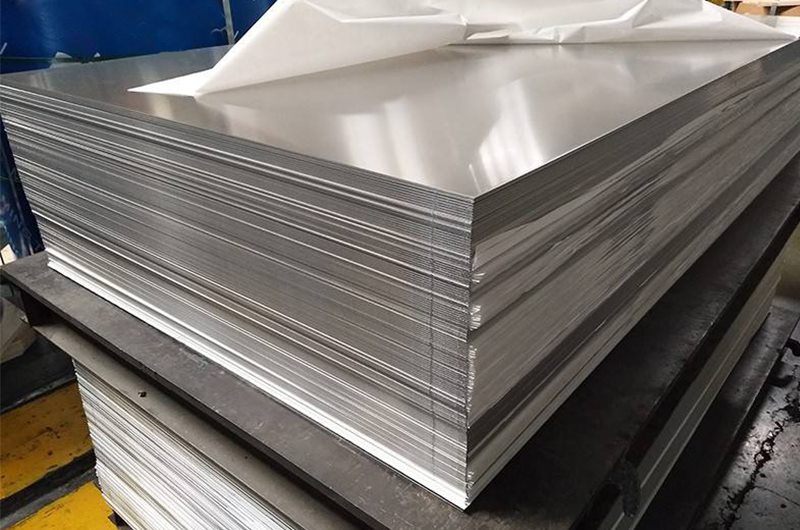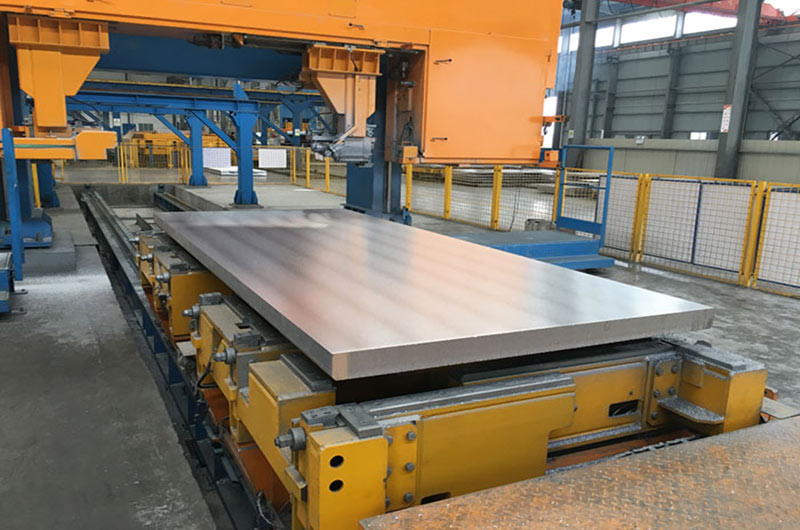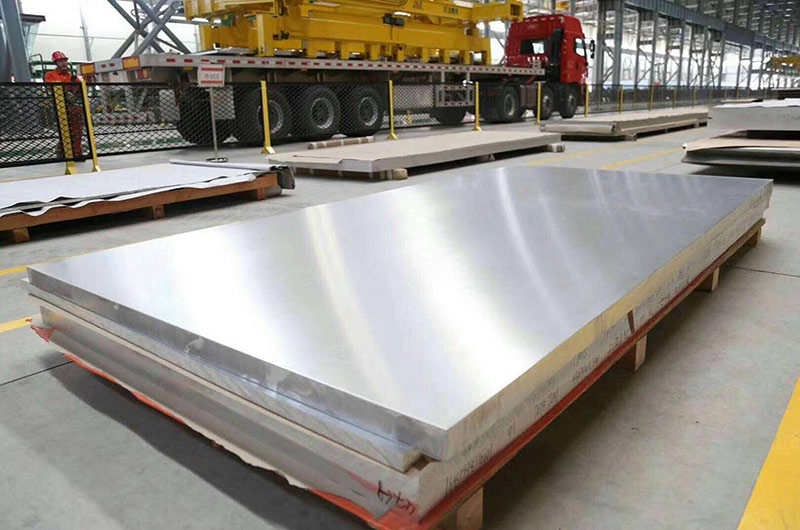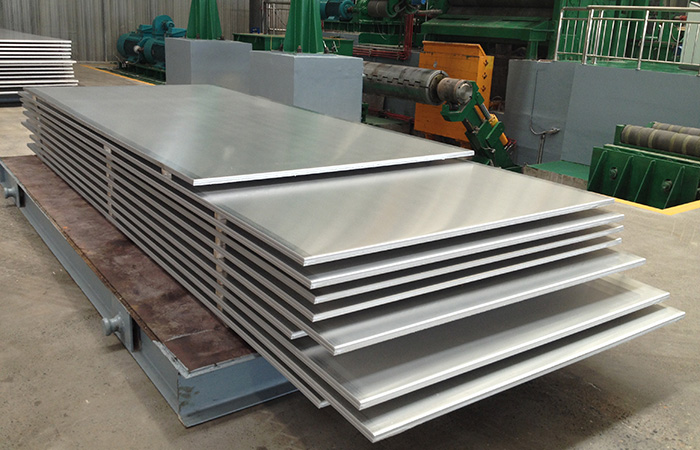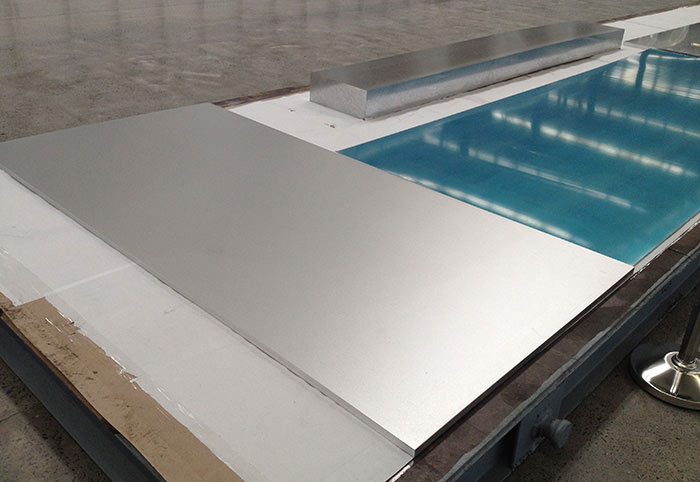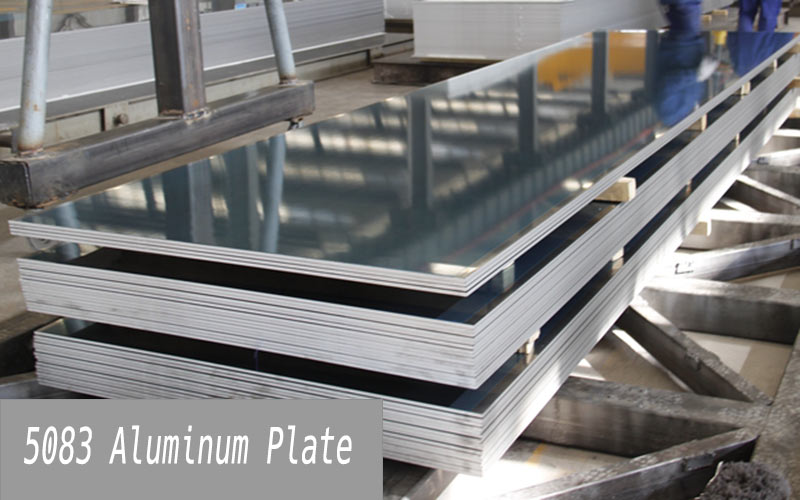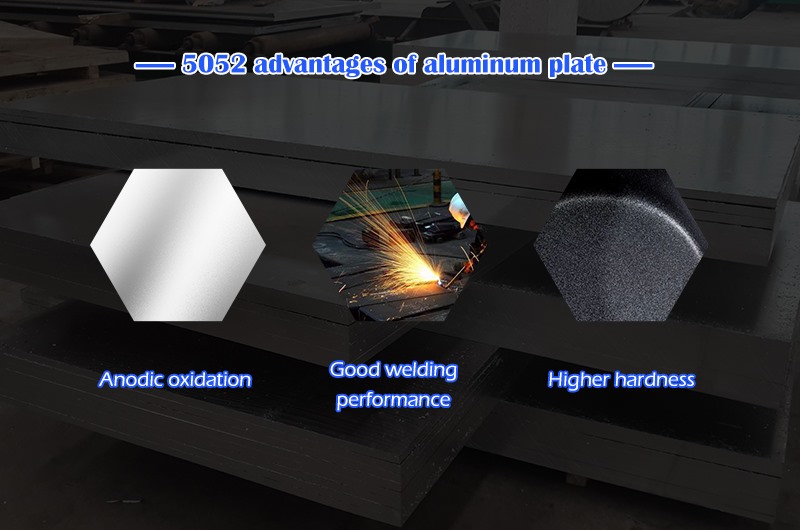The skin is the main part that constitutes the square cabin and the large board of the cabin. Three rectangular square holes are opened on the upper side to install the safety window, the side door, and the throttle door. The four corners are cut out for the corner components. The skins at different positions on the cabin body have different structures, but generally rectangular thin aluminum plates with a thickness of 1.5 to 2.0 mm are used. The processing accuracy and manufacturing quality of the skin aluminum plate directly affect the overall performance and service life of the cabin. Take 5052 aluminum sheet for automobile skin as an example. The surface of the aluminum sheet is required to be smooth, free from warpage, scratches, bumps and other defects. The warpage within 1000mm is more than 30mm, and it is forbidden to be used as a large-board skin. Because of the warping of the large board, although the tooling can force it to be flattened in the bonding and foaming process, the internal stress cannot be eliminated, which will cause the hidden danger of debonding and bulging of the skin.

The large new energy bus skin uses 5052 aluminum sheet for automobile skin with a thickness of 1.5mm. 5052 aluminum sheet is aluminum-magnesium alloy aluminum sheet. The strength of this alloy High, especially with fatigue resistance, and high plasticity and corrosion resistance. 5052 aluminum plate also contains a small amount of chromium. The role of chromium is similar to that of manganese, which improves the resistance to stress corrosion cracking, improves the strength of the base metal and the weld seam, and reduces the tendency of welding cracks. These properties meet the performance requirements of aluminum panels for skins in terms of corrosion resistance and fatigue strength.

